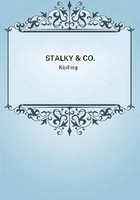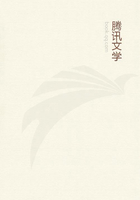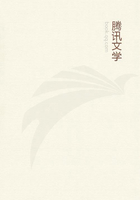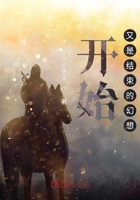In contrast to the first stages of a volition, which can not be clearly distinguished from an ordinary emotional process, the last stages are absolutely characteristic. They are especially marked by accompanying feelings that never appear anywhere but in volitions, and must therefore be regarded as the specific elements peculiar to will.
These feelings are first of all those of resolution and of decision. The latter differs from the former only in its greater intensity. They are both exciting and relaxing feelings, and may be united under various circumstances with pleasurable or unpleasurable factors. The relatively greater intensity of the feeling of decision is probably due to its contrast with the preceding feeling of doubt which attends the wavering between different motives. Its opposition to this doubt gives the feeling of relaxation a greater intensity. At the moment when the volitional act begins, the feelings of resolution and decision give place to the specific feeling of activity, which has its sensational substratum, in the case of external volitional acts, in the inner tactual sensation accompanying the movement. This feeling of activity is clearly exciting in its character, and is, according to the special motives of the volition, accompanied now by pleasurable, now by unpleasurable elements, which may in turn vary in the course of the, act and alternate with one another. As a total feeling, this feeling of activity is a rising and falling temporal process extending through the whole act and finally passing into the most various feelings, such as those of fulfilment, satisfaction, or disappointment, or into the feelings and emotions connected with the special result of the act. Taking [p. 190] the process as seen in voluntary and selective acts as complete, volitional acts, we must distinguish compulsive acts from them essentially by the absence of the antecedent feelings of resolution and decision. The feeling connected with the motive passes in the latter case directly into that of activity, and then into those which correspond to the effect of the act.
8. The transition from simple to complex volitional acts brings with it a number of other changes which are of great importance for the development of will. The first of these changes is to be found in the fact that the emotions which introduce the volitions lose their intensity more and more, as a result of the counteraction of different mutually inhibiting feelings, so that finally a volitional act may result from an apparently unemotional affective state. To be sure, emotion is never entirely wanting; in order that the motive which arises in an ordinary train of feelings may bring about a resolution or decision, it must always be connected with some degree of emotional excitement. This can, however, be so weak and transient that we overlook it. We do this the more easily the more we are inclined to unite a short emotion of this kind, attending merely the rise and action of the motive, with the resolution and execution in the single concept of a volitional act. This weakening of the emotions results mainly from the combinations of psychical processes which we call intellectual development and of which we shall treat more fully in the discussion of the interconnection of psychical compounds (§ 17). Intellectual processes can, indeed, never do away with emotions they are, on the contrary, in many cases the sources of new and characteristic emotions. A volition entirely without emotion, determined by a purely intellectual motive, is, as already remarked (p. 186), a psychological impossibility. Still, intellectual development exercises beyond a doubt a moderating influence [p. 191] on emotions, particularly on those that prepare the way for volitional acts wherever intellectual motives enter into them. This may be due partly to the counteraction of the feelings which is generally present, partly to the slow development of intellectual motives, for in general emotions are the stronger the more rapidly their component feelings rise.
9. Connected with this moderation of the emotional components of volitions under the influence of intellectual motives is still another change. It consists in the fact that the act which closes the volition is not an external movement. The effect which removes the exciting emotion is itself a psychical process that does not show itself directly through any external symptom whatever. Such an effect which is imperceptible for objective observers is called an internal volitional act. The transition from external to internal volitional acts is so bound up with intellectual development that the very character of the intellectual processes themselves are to be explained to a great extent by the influence of volitions on the train of ideas (§ 15, 9). The act that closes the volition in such a case is some change in the train of ideas, which follows the preceding motives as the result of some resolution or decision. The feelings that accompany these acts of immediate preparation, and the feeling of activity connected with the change itself, agree entirely with those observed in the case of external volitional acts. Furthermore, action is followed by more or less marked feelings of satisfaction, of removal of preceding emotional and affective strain, so that obviously the only difference between these special volitions connected with the intellectual development and the earlier forms, is to be found in the fact that here the final effect of the volition does not show itself in an external bodily movement.

